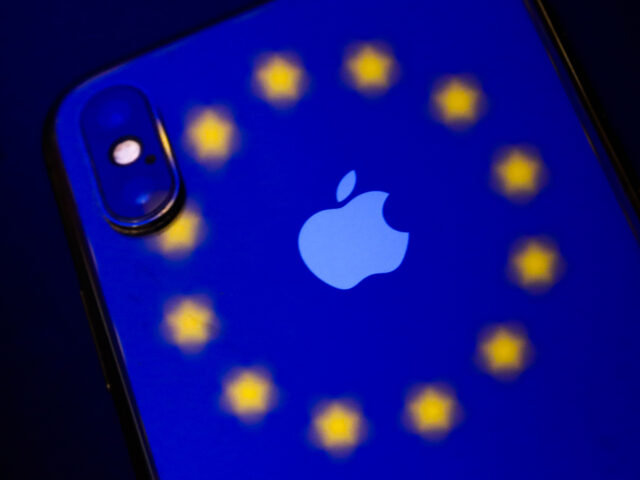The EU Parliament has approved the creation of a digital “wallet” system, raising concerns over increasing state control of people’s lives.
.
EU lawmakers in Strasbourg signed off a European Digital Identity (eID) by a margin of 335 votes in favour to 190 against, and 31 abstentions. The “digital wallet”, which now only needs the effective rubber stamp from the EU Council of Ministers to become law, will contain digital forms of national IDs, driving licenses, banking details, medical prescriptions and other private details of users.
The law provides for free “qualified electronic signatures” for EU wallet users, which are the most trusted, and have the same legal standing as a handwritten signature, as well as wallet-to-wallet interactions, to improve the fluidity of digital exchanges.
Proponents of the measure argued that since the Chinese coronavirus crisis, there has been an increasing move towards the digital, and therefore citizens need a secure means of storing their private information.
“This legislation aims to empower citizens by putting them in full control of the use and sharing of their data. Digital identity has evolved from being a mere convenience to becoming a catalyst for civic involvement, social empowerment, and a means to foster inclusivity in the digital age,” said Croatian socialist MEP Romana Jerković.
According to a press release from the parliament, the wallet will be adopted on a “voluntary basis” and there will be safeguards put in place to avoid “discrimination against people opting not to use the digital wallet.” The system will also reportedly be open-source in order to “encourage transparency, innovation and to enhance security.”
However, others have warned of the possibility of digital wallets being used for authoritarian purposes. Speaking to Breitbart London last year, Romanian Member of the European Parliament (MEP) Cristian Terhes said that cross-border digital IDs are a part of the “Chinafication” of Europe, creating a CCP-style social credit score through the backdoor.
Dutch political commentator Eva Vlaardingerbroek added: “Although they say it’ll be voluntary – just like they said the digital vaccine passports would be voluntary – this system is the foundation for a Chinese social credit style digital surveillance state.”
Like Beijing, Brussels is also looking to implement a Central Bank Digital Currency (CBDC), which critics have warned could be used as a means of social engineering, with even the Bank of England admitting that such state-run cryptocurrencies could be “programmable“, meaning that the government could determine what is worthy for people to spend their money on.
Additionally, Queen Máxima of the Netherlands told the World Economic Forum (WEF) that biometric digital identity systems could also be used by governments to track “who actually got a vaccination or not.”
The EU has been a trendsetter or sorts in tracking medical status, with its digital COVID-19 certification, which covered COVID-19 vaccination, test and recovery, being adopted by the World Health Organization last year as the basis for its global health passport system for “ongoing and future health threats”.

COMMENTS
Please let us know if you're having issues with commenting.